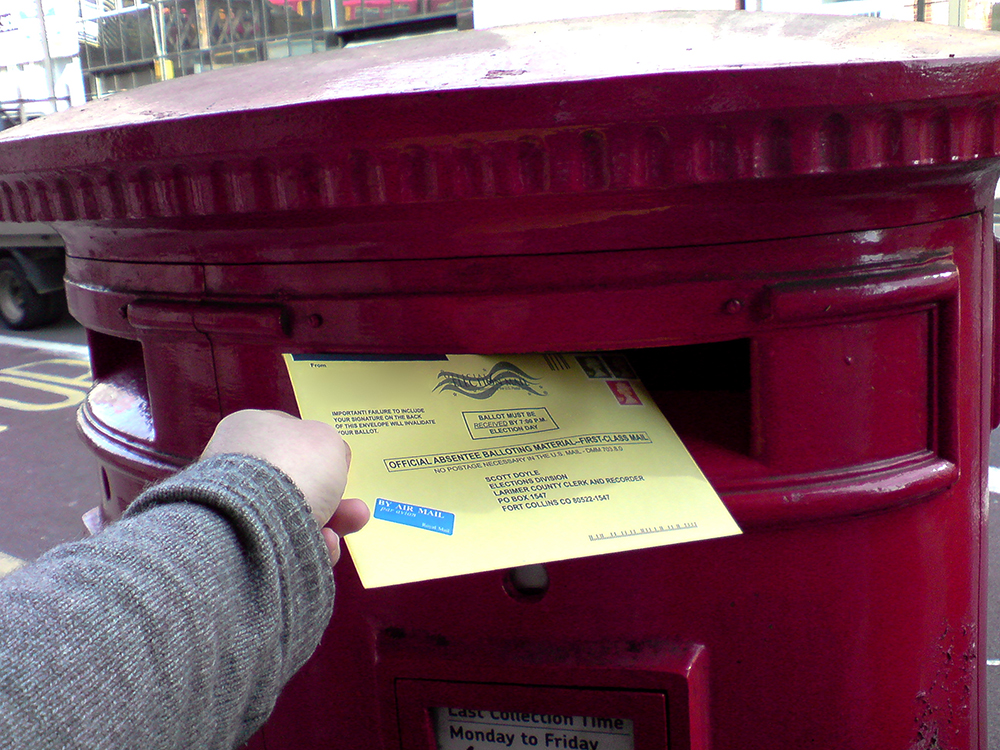Brilliance, passion and drive fill Biola’s student body — yet in the realm of politics, the general attitude tends to be apathetic, said Scott Waller, political science department chair.
Agents of Political Change
“I think we have to break the culture of apathy and one way is by being imitators of Christ and an agent of change, which we need to consider doing politically,” said Taylor Becker, sophomore political science major.
Senior political science major Shaefer Bagwell has observed that a majority of students’ political stance is either conservative or apathetic. However, they still possess a passion for social justice issues.
“The weird thing about Biola University is that there are a lot of people passionate about social justice, but how do you think you bring about social justice if not through the means of the government? Social justice starts with the support from the government and if you try to do it outside of the government it will not work very well,” said Bagwell.
Government Influence
The idea that the government does not affect or involve students at Biola could not be more untrue, Becker said.
“People say you cannot legislate morality, you cannot suppose your beliefs on other people, and yet every law legislates some morality. We all live under laws. As Christians we are saying we know what is wrong and what is right. Therefore it is our responsibility to help spread the news and to vote accordingly,” said Becker.
The government influences more than just physical everyday life, but also religious beliefs, said Waller. Because of certain ideological views about the proper role of government, certain actions could create more of a threat to religious liberty, Waller added.
“In other words, if the government issues an edict for students to get federal money for the university, you will not be eligible if you go to a place like Biola University. Why? Because of our held beliefs and religious viewpoints,” said Waller.
Political Involvement
More students, specifically Christian college students, are becoming politically involved and could have a significant impact on the nation.
“The millennial era has spare time, passion and energy, and so if we decided to become politically involved, it would be a tremendously powerful voting block, also in terms of activism. One reason why the 60’s were such a tumultuous political time was because young people were involved in politics,” said Bagwell.
A recent Chimes survey of 120 Biola undergraduate students revealed that approximately 54 percent of students plan to vote, 16 percent do not plan to vote and 30 percent said there was a possibility they would vote in the 2016 presidential elections.
Furthermore, several students stated they do not plan to vote in the upcoming election due to lack of political knowledge or simply because of their busy schedule.
The survey revealed some students at Biola may argue that despite their desire to become knowledgeable in politics, they do not know how to become politically educated or what sources to trust. However, there are several simple ways to gain such knowledge, said Becker and Waller.
“Use news apps. Take five minutes out of your day and instead of scrolling on Facebook, scroll on CNN or Fox News. Read through the New York Times — Biola has it available throughout campus,” said Becker.
The Importance of Learning
Having a basic awareness of current events is pivotal in order to know the current social issues and political discussions, Becker said.
“How can you know who to vote for if you do not know what each candidate believes?” asked Becker.
Waller emphasized the importance of learning and taking advantage of the opportunity to learn and grow at an institute like Biola. The best resource for political knowledge is in the classroom, Waller said.
“Furthermore, we as Christians are called to care about our world, yet how are we to help solve the many problems in our world if we do not know what is happening and act accordingly? Be the change you want to see,” said Becker.







